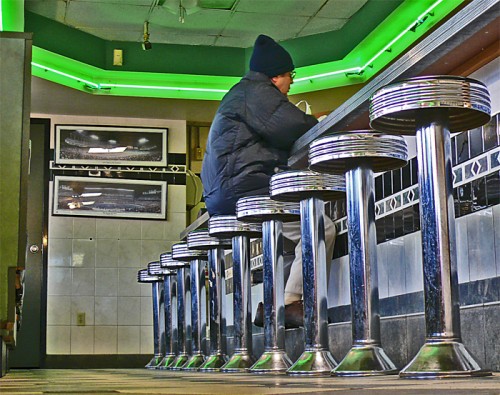Isaac Bashevis Singer on Translation

The fact that I don’t have as many readers in Yiddish as I would have liked to have bothers me. It’s not good that a language is going downhill instead of up. I would like Yiddish to bloom and flower just as the Yiddishists say it does bloom and flower. But as far as translation is concerned, naturally every writer loses in translation, particularly poets and humorists. Also writers whose writing is tightly connected to folklore are heavy losers. In my own case, I think I am a heavy loser. But then lately I have assisted in the translating of my works, and knowing the problem, I take care that I don’t lose too much. The problem is that it’s very hard to find a perfect equivalent for an idiom in another language. But then it’s also a fact that we all learned our literature through translation. Most people have studied the Bible only in translation, have read Homer in translation, and all the classics. Translation, although it does do damage to an author, it cannot kill him: if he’s really good, he will come out even in translation. And I have seen it in my own case. Also, translation helps me in a way. Because I go through my writings again and again while I edit the translation and work with the translator, and while I am doing this I see all the defects of my writing. Translation has helped me avoid pitfalls which I might not have avoided if I had written the work in Yiddish and published it and not been forced because of the translation to read it again.
NOW AVAILABLE for preorder: The Weather Stations by Ryan Call
I’ve been waiting for this one for a long time and it is finally here:
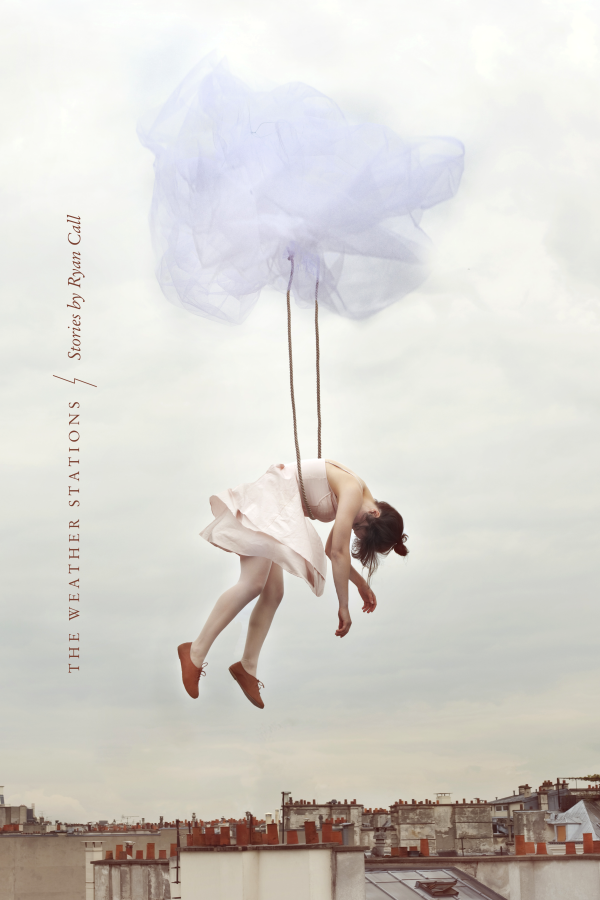
Available for preorder now from Caketrain for only $8, or together with any of Caketrain’s beautiful single author editions for $12.
The Rumpus is now offering a monthly delivery of a mystery package to your home, which is like 12 months of Christmas Days repeating: check it.
Geography Thursday: A Place of Dreams
A non-magic magic story: In April 1879, a French postman tripped on a stone while he was delivering mail. Inspired by its shape, form, texture, whatever, he picked it up. From that day forward, this postman, named Ferdinand Cheval, collected rocks in a wheel barrel after work, and from these rocks he built a palace. I wanted to use the word “castle” to emphasize the magic component, but “palace” is just as sufficient. He called it Palais Ideal, his Ideal Palace. It took him thirty-six years. Below, you’ll find images, lots of them. They are glorious.
On Ecology and Art
“Will you please write just one great book instead of a bunch of good ones, please?”
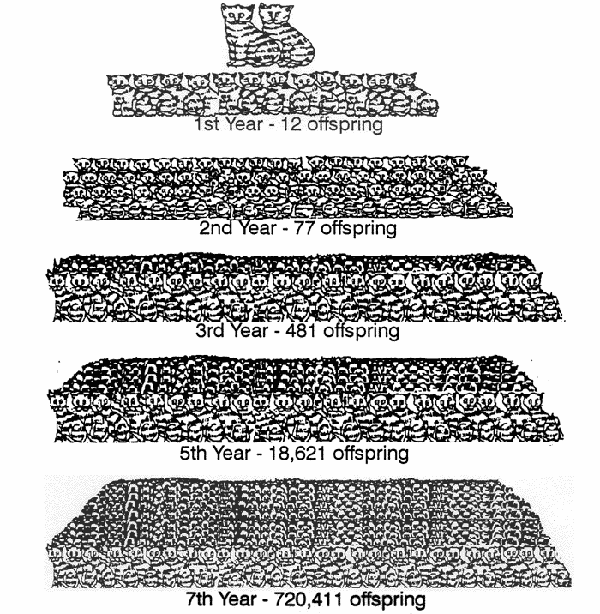
I read that on Twitter about an hour ago, from Giancarlo. I’ve been wanting to write down or through some thinking about an ecology of art for awhile. Ecology may be the right word, economy may be the right word. I’m wary of economy. I hate economics and finance, although I find myself morbidly curious about it all.
I’m increasingly convinced that living in megaindustrialized/meganetworked environments is not good, for the most part. Abuses of power are rampant and easy to hide behind layers and layers of abstracted steps up or down the supply chain. I’m thinking about: the bloody production of electronics, the bailout of gambling houses/i.e. banks and investment firms, the Gulf oil spill, the Iraq & Afghanistan wars. As much as I’d like to dodge particularizing the general and vice versa, these destructive events seem to stem from the mishandling of resources. Companies like Apple, Dell, Sony and Samsung don’t want to pay suppliers and manufacturers more to make sure their materials come from mines that aren’t run by violent criminals; they point their finger at the next abstract layer in the supply chain and say ‘We’re trying, but it’s really their responsibility.’ It’s easy to use your publicly trusted persona to direct attention/blame elsewhere. BP avoided building and maintaining a safe structure. They saved money in the short term, then the rig blew up. People died. We know the rest. I don’t claim to know much, but I bet that building hospitals and schools and roads in Iraq and Afghanistan would be more effective against future violence than what’s happening there now. It may not guarantee an easy extraction point for oil and lithium, though. READ MORE >
Breece’s Bones
This past Thanksgiving break, I rented a car to drive home to West Virginia and see my family. Also, I was supposed to meet up with Scott McClanahan (author of Stories I and Stories II), talk about his manuscript, and then go try and visit the grave of Breece D’J Pancake with him. It was the promise of this bonehunt that got me to walk to the rental car place, to rent that car, and to play all of that music so loudly and for so long in the car to get home to. Not that I didn’t want to see my family. It’s a long story. There is a shorter story.
Scott drove into Charleston from Beckley, stopping by my aunt’s house to meet up. We talked about his book for a bit, then got in my rental car to head off to find Breece. His grave was thirty minutes outside of Charleston in a town called Milton. How romantic were we being? Borderline-fucking-gay romantic is how romantic we were being, but Scott and I don’t care because we’re from here. This is our place as much as it is Breece’s. Not like we were going into some foreign land to find his grave, or disturbing his home. The state of West Virginia is our backyard river rope-swing too.
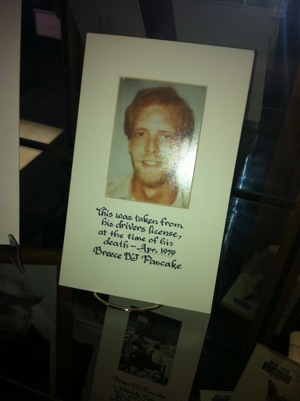
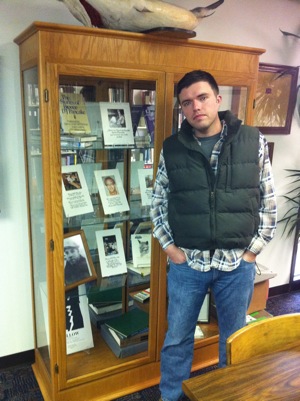
The Kenneth Patchen Award is back!
After a hiatus, the Kenneth Patchen Award for writing is being revived. In the 1990s, The Kenneth Patchen Prize for Literature was a much-coveted prize administered by Pig Iron Press of Youngstown, Ohio, in honor of famous experimental fiction author, proletarian poet, and Ohio native Kenneth Patchen. Beginning in 2011, the Award will be reinstituted as the Kenneth Patchen Award for the Innovative Novel, and will honor the most innovative novel submitted during the previous calendar year.
Kenneth Patchen is celebrated for being among the greatest innovators of American fiction, incorporating strategies of concretism, asemic writing, digression, and verbal juxtaposition into his writing long before such strategies were popularized during the height of American postmodernist experimentation in the 1970s. His three great innovative novels, Sleepers Awake The Memoirs of a Shy Pornographer and The Journal of Albion Moonlight, have long been a benchmark for beats, postmodernists, and innovators of all ilks, inspiring younger writers on to greater significance and innovation in their own work.
Claymation Wins Again
Plato’s Allegory of the Cave (in clay) from Bullhead Entertainment:
Hotness: Here’s a toast to the douchebags! Here’s a toast to the vain!
Last night, as I walking home in -9 without wind chill temperatures (Celsius) and foot upon feet of snow, I heard the most fantastic (ironic) thing. Granted, I was mad at the weather, and because my anger would be futile against snow and cold, I steered my aggression onto three darling little assholes.
Here is the conversation I overheard:
Guy 1: You know, dudes, I only have one problem.
Guy 2: Not enough pussy?
Guy 1: Yeah.
Guy 3: (With a hint of jealousy and maybe irony) Fuck you.
Guy 1: Nah, really, dudes, my only problem is that I fucking hate fat. Like I can’t stand it if a girl’s fat.
Guy 3: Fuck, dude, like who likes fat chicks?
Then, they turned onto Princess street (our main “drag”) and I had to turn a different way to go home. Needless to say, I wanted to hear more! But given only the brief bit of friendly banter I witnessed, I dedicate this to them:



